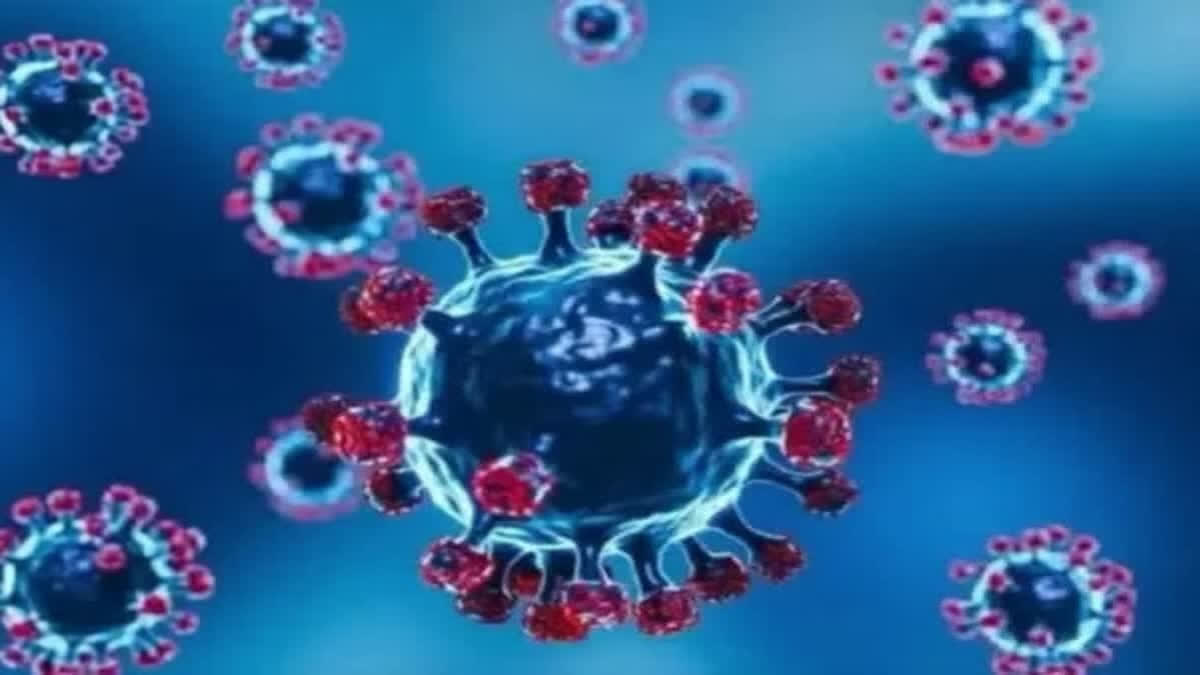Following the recent HMPV virus outbreak in China, concerns about COVID-19 have resurfaced, despite a great progress in curbing its global impact. Long-term effects of the virus, including mild COVID-19 symptoms, continue to demand attention. Unlike severe cases, mild symptoms often go unnoticed or are not severe enough to require hospitalization.
What Is Mild COVID-19?
Mild COVID-19 lacks a standardized clinical definition, which makes its diagnosis subjective. Experts agree that it encompasses symptoms that, while uncomfortable, do not necessitate medical intervention. "These may range from asymptomatic presentations to moderate symptoms like fatigue, cough, or a sore throat," says Dr. Amit Gawande, a pulmonologist in Mumbai.
Common Mild Symptoms Include:
- Loss of taste or smell
- Runny nose or congestion
- Cough
- Fever or chills
- Muscle or body aches
- Nausea or vomiting
- Sore throat
- Headaches
- Shortness of breath
Duration and Treatment of Mild Symptoms
For most individuals, mild COVID-19 symptoms last between 10 to 14 days. Dr. Gawande says, treatment involves rest, hydration, and symptomatic relief using over-the-counter medications. "Remedies, such as steam inhalation, using a vaporizer, or avoiding smoke, can also help alleviate discomfort."
When Mild Symptoms Worsen
Though rare, Dr. Gawande says, mild cases can progress to severe illness, especially in individuals with pre-existing conditions like diabetes, chronic lung disease, or obesity. Monitoring symptoms and seeking medical advice for worsening conditions is important.
The Role of Vaccination
The National Centre for Disease Control (NCDC) emphasizes the role of COVID-19 vaccination in reducing the severity of infections. "Vaccines significantly lower the risk of progression from mild to severe stages and mitigate hospitalization rates."
The Challenge of Long COVID
For some, COVID-19 symptoms persist long after recovery, changing as long COVID. Common symptoms include fatigue, brain fog, chest pain, and joint discomfort. "Even mild cases can lead to long COVID do it is important to continue keeping a vigilance and consult healthcare expert.
When to Seek Immediate Medical Help
Prompt medical attention is essential if symptoms such as confusion, persistent chest pain, or difficulty breathing arise. "The doctor may recommend antiviral medication or monoclonal antibodies to reduce the risk of complications," says Dr. Gawande.
Read More:
- HMPV Outbreak In China: How To Protect Yourself From The Virus
- IIT Guwahati Researchers Develop Innovative Injectable Hydrogel For Targeted Breast Cancer Therapy
- Explainer: What You Need to Know About the Rise in Scrub Typhus Cases in Tamil Nadu
